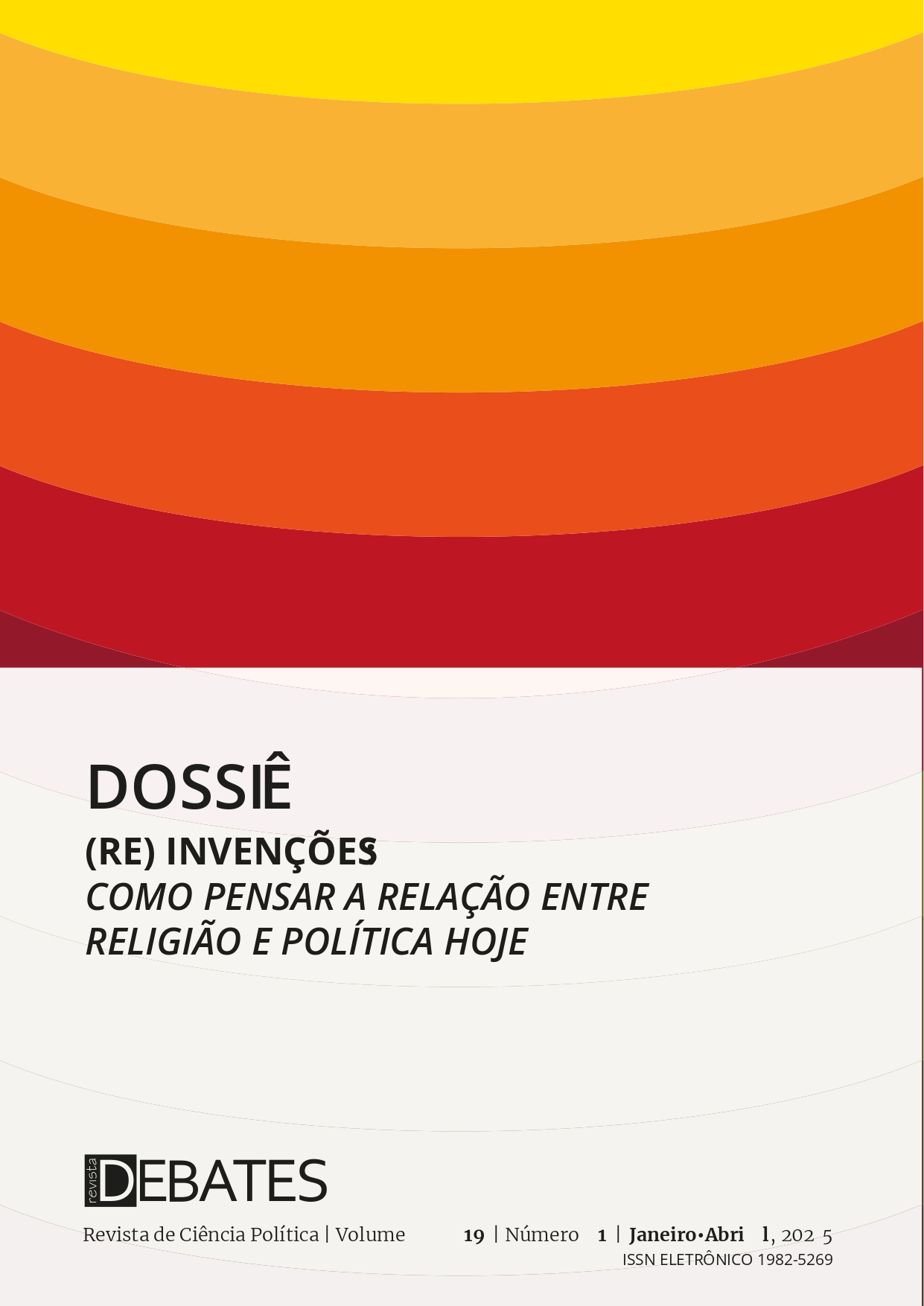Religion, politics and autoimmunity in the late work of Jacques Derrida
a conceptual analysis
DOI:
https://doi.org/10.22456/1982-5269.142763Abstract
The aim of this paper is to analyze the notion of autoimmunity established by Jacques Derrida based on the relationship between religion and politics, in his final works. There is an autoimmune logic that permeates religious and political discourses in contemporary times, especially at the end of the 20th century. On the one hand, monotheistic doctrines configure their position based on the constitution and defense of the religious community. The community seeks its salvation in an increasingly fragmented and conflicting world. For Derrida, much more than a metaphor, there is a condition in which autoimmunity is a meaning for any community in view of its foundation and maintenance. To develop this exposition in Derrida's work, the conceptual analysis allows us to start by focusing on philosophical texts. There are three fundamental works for this understanding: Specters of Marx, Politics of Friendship and Vagabonds. A trilogy of autoimmunity can be interpreted within the philosopher's work. In this way, autoimmunity allows an internal understanding of the discourses of religious salvation and political security precisely in their aporias and contradictions.
Keywords: Autoimmunity; Politics; Religion; Community; Sovereignty.



